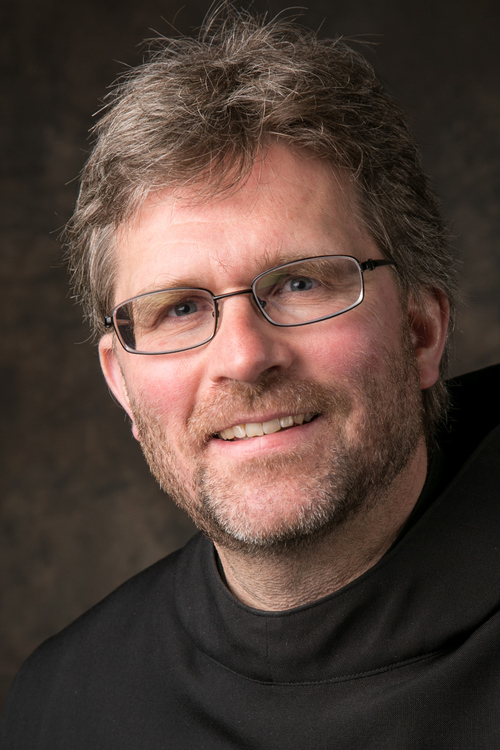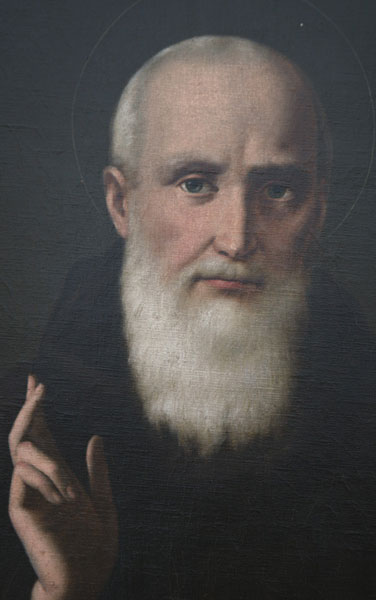Podcast: Play in new window | Download (Duration: 32:15 — 22.3MB) | Embed
Subscribe: Apple Podcasts | Spotify | Amazon Music | Android | Pandora | iHeartRadio | JioSaavn | Podchaser | Gaana | Podcast Index | Email | TuneIn | Deezer | Anghami | RSS | More
In place of relativism…healing consequences

 From the Holy Rule of St. Benedict:
From the Holy Rule of St. Benedict:
CHAPTER XXVII
How Concerned the Abbot Should Be about the Excommunicated
Let the Abbot show all care and concern towards offending brethren because “they that are in health need not a physician, but they that are sick” (Mt 9:12). Therefore, like a prudent physician he ought to use every opportunity to send consolers, namely, discreet elderly brethren, to console the wavering brother, as it were, in secret, and induce him to make humble satisfaction; and let them cheer him up “lest he be swallowed up with overmuch sorrow” (2 Cor 2:7); but, as the same Apostle saith, “confirm your charity towards him” (2 Cor 2:8); and let prayer be said for him by all.
The Abbot must take the utmost pains, and strive with all prudence and zeal, that none of the flock entrusted to him perish. For the Abbot must know that he has taken upon himself the care of infirm souls, not a despotism over the strong; and let him fear the threat of the Prophet wherein the Lord saith: “What ye saw to be fat, that ye took to yourselves, and what was diseased you threw away” (Ezek 34:3-4). And let him follow the loving example of the Good Shepherd, who, leaving the ninety-nine sheep on the mountains, went to seek the one that had gone astray, on whose weakness He had such pity, that He was pleased to lay it on His sacred shoulders and thus carry it back to the fold (cf Lk 15:5).
Father Mauritius Wilde, OSB, Ph.D., did his philosophical, theological and doctoral studies in Europe. He is the author of several books and directs retreats regularly. He serves as Prior at Sant’Anselmo in Rome.
For more information about the ministry of the the Missionary Benedictines of Christ the King Priory in Schuyler, Nebraska



